Sales Inquiry
Why Brass Forgings Are the Future of Manufacturing
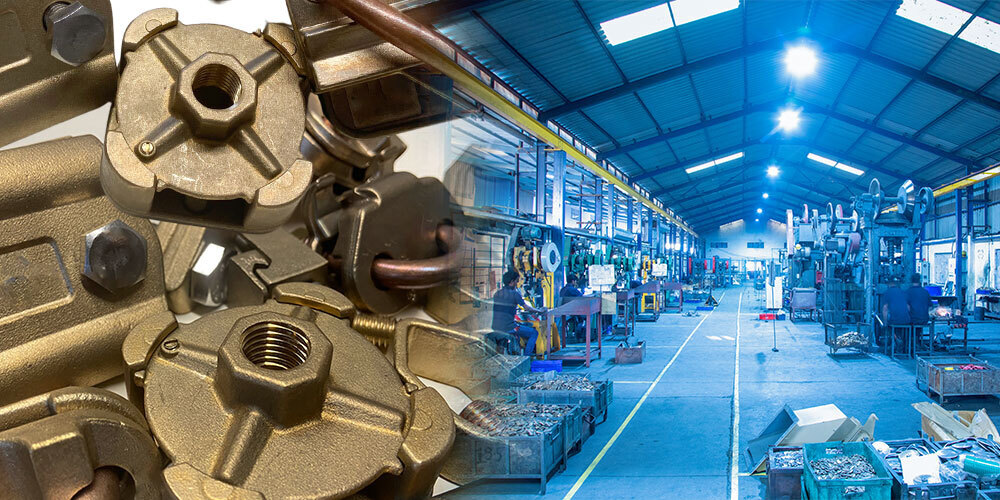
In the rapidly evolving world of manufacturing, materials and processes play a critical role in determining the efficiency, durability, and cost-effectiveness of products. Among various materials, brass has been gaining attention for its superior properties, especially when forged. Brass forgings are proving to be a game-changer, making them the future of manufacturing across multiple industries.
What is Brass Forging?
Brass forging is a process where brass, a metal alloy made from copper and zinc, is heated and shaped under pressure to form strong, durable components. Unlike casting, where the metal is melted and poured into a mould, forging shapes the metal while it is still solid. This results in a denser and stronger product. Many brass forging manufacturers have turned to this process due to its ability to create high-quality parts for various industrial applications.
Why Brass?
Brass has long been appreciated for its beneficial properties. It's corrosion-resistant, has excellent electrical conductivity, and can withstand high temperatures. These characteristics make it an ideal material for industries like automotive, plumbing, electrical, and even marine sectors.
Moreover, brass is known for its aesthetic appeal due to its golden, shiny finish, making it a popular choice for decorative and functional items alike. As a trusted authorised manufacturer, IQS Engineering Solutions has seen a growing demand for brass forgings due to these versatile advantages.
The Advantages of Brass Forging
Enhanced Durability
One of the primary reasons brass forging is gaining popularity is its ability to create highly durable components. Forging strengthens the metal's internal grain structure, making the final product tougher and more resistant to wear and tear. This makes brass forgings ideal for high-stress applications such as valve components, gears, and fittings.
Improved Precision
Brass forgings offer better precision than other metal-forming methods. Manufacturers can achieve tight tolerances, ensuring that each part fits perfectly into its intended assembly. This precision is particularly important in industries like plumbing and electrical where small deviations can lead to significant issues.
Cost-Effective Manufacturing
Although forging brass requires more initial effort than casting, the long-term benefits far outweigh the costs. Forged brass components typically have a longer lifespan and require less maintenance or replacement. Over time, this reduces downtime and repair costs for businesses. Furthermore, many brass forging manufacturers can produce large quantities of parts quickly and efficiently, keeping costs competitive.
Environmentally Friendly
Brass is a recyclable material, and the forging process generates very little waste. In today's world, where sustainability is a key concern, this eco-friendly aspect of brass forging is crucial. By choosing forged brass components, industries can not only improve the quality of their products but also contribute to reducing environmental impact.
Applications of Brass Forgings
The versatility of brass forgings makes them a key component across a wide range of industries. Some common applications include:
Automotive Industry: Brass forgings are used in fuel system components, radiator parts, and electrical connectors. Their durability and resistance to corrosion make them a reliable choice for automotive manufacturers.
Plumbing and Valves: Brass's ability to resist rust and withstand high pressure makes it a perfect material for plumbing fixtures, valves, and fittings. Forged brass parts ensure a longer life for these critical components.
Electrical Industry: Brass is an excellent conductor of electricity, which is why it's often used for electrical connectors, switches, and other related components. Forging these parts ensures better performance and safety.
Marine Applications: The corrosion-resistant properties of brass make it ideal for marine environments, where exposure to water and salt can cause significant damage to other metals.
The Role of Brass Forging Manufacturers
As the demand for high-quality, durable components continues to rise, brass forging manufacturers are at the forefront of delivering reliable solutions. By using state-of-the-art technology and advanced forging techniques, these manufacturers can meet the stringent quality and performance requirements of various industries. IQS Engineering Solutions, a leader in this field, is committed to providing superior brass forging services to meet the growing needs of businesses around the world.
Why Choose IQS Engineering Solutions?
At IQS Engineering Solutions, we pride ourselves on being an authorised manufacturer and distributor of brass forgings. Our expertise in the field, coupled with a commitment to quality, ensures that every part we produce meets the highest industry standards. We understand the specific needs of our clients and tailor our forging services to provide the best possible solutions for their applications.
Our focus is not just on delivering brass forgings but on building long-lasting relationships with our clients through excellent service and support. Whether you need custom components for the automotive industry or high-precision parts for electrical systems, IQS Engineering Solutions is your trusted partner for all your brass forging needs.
Conclusion
As industries continue to look for materials and processes that offer durability, precision, and sustainability, brass forgings stand out as a clear winner. Their superior properties, combined with the cost-effectiveness of the forging process, make them an ideal choice for a variety of applications. With manufacturers like IQS Engineering Solutions leading the charge, it's clear that brass forgings are indeed the future of manufacturing.
For industries looking to stay ahead in a competitive market, partnering with a trusted brass forging manufacturer is the way forward. And with IQS Engineering Solutions, you can be confident that you're choosing the best in the business.

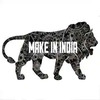
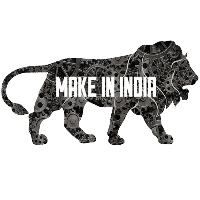

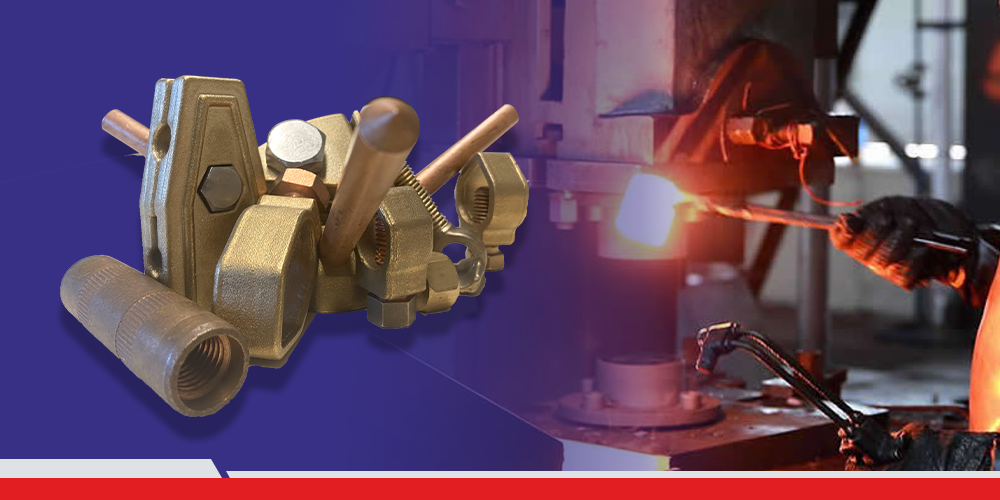
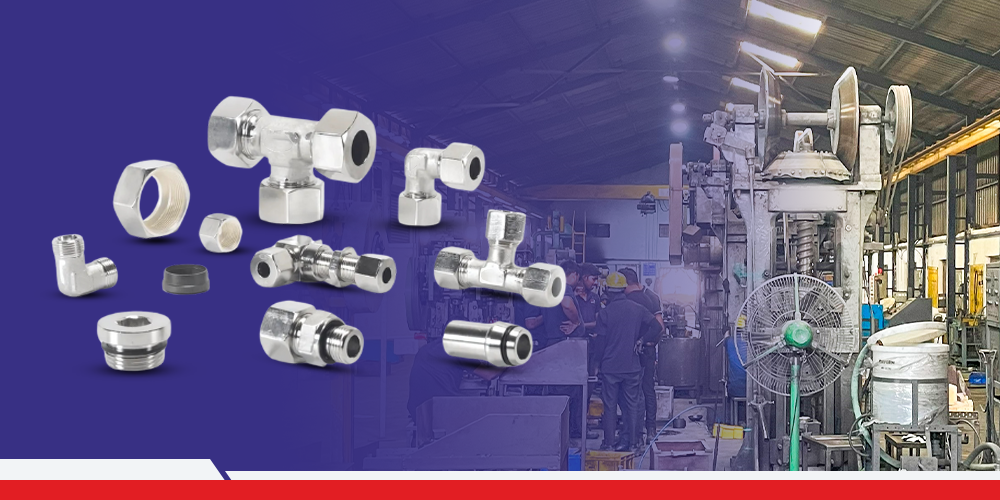
.png)